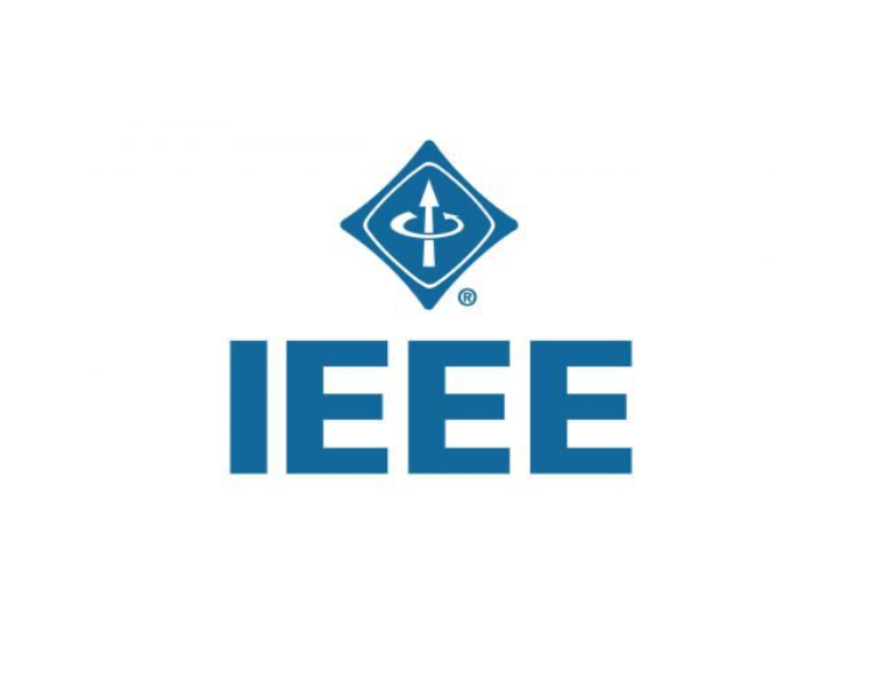Paper accepted at CSF 2023: Statement-Oblivious Threshold Witness Encryption
by Sebastian Faust, Carmit Hazay, David Kretzler, Benjamin Schlosser
2023/05/15

The notion of witness encryption introduced by Garg et al. (STOC’13) allows to encrypt a message under a statement x from some NP-language L with associated relation (x, w) ∈ R, where decryption can be carried out with the corresponding witness w. Unfortunately, known constructions for general-purpose witness encryption rely on strong assumptions, and are mostly of theoretical interest. To address these shortcomings, Goyal et al. (PKC’22) recently introduced a blockchain-based alternative, where a committee decrypts ciphertexts when provided with a valid witness w. Blockchain-based committee solutions have recently gained broad interest to offer security against more powerful adversaries and construct new cryptographic primitives.
We follow this line of work, and propose a new notion of statement-oblivious threshold witness encryption.Our new notion offers the functionality of committee-based witness encryption while additionally hiding the statement used for encryption. We present two ways to build statement-oblivious threshold witness encryption, one generic transformation based on anonymous threshold identity-based encryption (ATIBE) and one direct construction based on bilinear maps. Due to the lack of efficient A-TIBE schemes, the former mainly constitutes a feasibility result, while the latter yields a concretely efficient scheme.


